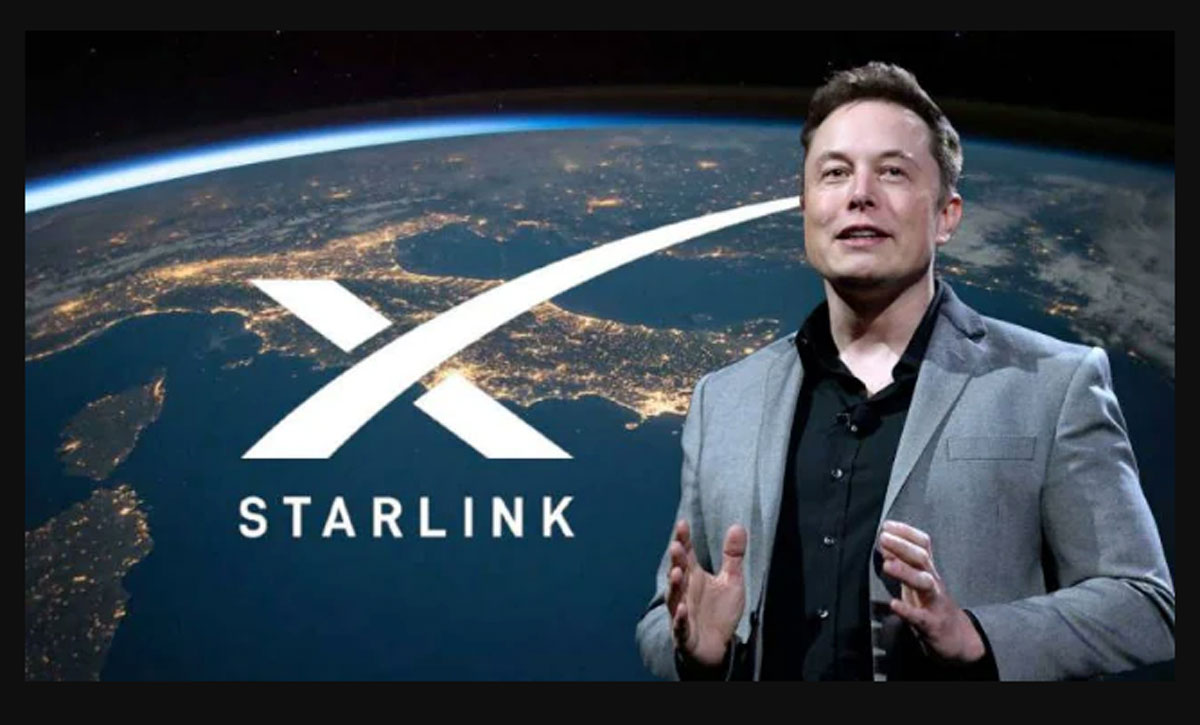OpenAI’s IPO Plans: A Game-Changer for AI Stocks
The Buzz Around OpenAI’s Potential IPO
OpenAI, the artificial intelligence powerhouse behind ChatGPT, DALL·E, and GPT-4, has been a dominant force in the AI revolution. With its cutting-edge advancements and widespread adoption, speculation about an OpenAI initial public offering (IPO) has intensified. If OpenAI goes public, it could reshape the AI stock market, offering investors unprecedented exposure to one of the most transformative technologies of our time.
Why OpenAI’s IPO Would Be a Market Disruptor
An OpenAI IPO would be one of the most significant tech debuts in years, rivaling the likes of Meta (formerly Facebook) and Google. The company’s valuation, estimated at over $80 billion in private markets, suggests a blockbuster public offering. Unlike traditional tech IPOs, OpenAI’s listing would represent pure-play AI exposure, attracting both institutional and retail investors eager to capitalize on generative AI’s explosive growth.
The Financial Implications of an OpenAI IPO
- Valuation Surge: OpenAI’s valuation has skyrocketed since ChatGPT’s launch in late 2022. A public listing could push its market cap beyond $100 billion, making it one of the most valuable AI companies globally.
- Revenue Growth: OpenAI’s revenue reportedly surpassed $1.6 billion annually, driven by enterprise adoption of ChatGPT and API services. Public financial disclosures would provide deeper insights into profitability and long-term sustainability.
- Investor Demand: Given the hype around AI, OpenAI’s IPO would likely see massive oversubscription, mirroring the frenzy seen during Nvidia’s AI-driven stock surge.
How OpenAI’s IPO Could Impact AI Stocks
1. Boosting the AI Sector
An OpenAI IPO would validate the AI industry’s growth trajectory, potentially lifting other AI-related stocks, including:
- Nvidia (NVDA): The leading AI chipmaker supplying GPUs for OpenAI’s models.
- Microsoft (MSFT): OpenAI’s largest investor, integrating AI into Azure and Office products.
- Alphabet (GOOGL): Competing with OpenAI via Google DeepMind and Gemini AI.
- Palantir (PLTR): A major AI-driven data analytics firm benefiting from enterprise AI adoption.
2. Increased Competition and Innovation
A public OpenAI would accelerate AI innovation as competitors like Anthropic, Cohere, and Mistral AI seek to match its scale. This could lead to:
- Faster advancements in large language models (LLMs).
- More aggressive AI adoption across industries.
- Increased M&A activity as tech giants vie for AI dominance.
3. Regulatory and Ethical Considerations
OpenAI’s IPO would bring heightened scrutiny over AI ethics, data privacy, and regulatory compliance. Key concerns include:
- AI Safety: Governments may impose stricter AI regulations post-IPO.
- Transparency: Public shareholders will demand clearer AI development policies.
- Market Concentration: Potential antitrust concerns if OpenAI dominates AI infrastructure.
Challenges OpenAI Faces Before Going Public
1. Corporate Structure and Governance
OpenAI operates as a “capped-profit” entity under OpenAI LP, balancing mission-driven goals with investor returns. Transitioning to a public company may require restructuring to align with shareholder expectations.
2. Monetization and Profitability
While OpenAI generates substantial revenue, its high R&D costs (training AI models is expensive) raise questions about long-term profitability. Investors will scrutinize:
- Subscription Models: Can ChatGPT Plus and enterprise APIs sustain growth?
- Cost Management: Will AI compute expenses outpace revenue?
3. Market Volatility and Investor Sentiment
AI stocks have seen wild swings (e.g., C3.ai’s volatility). OpenAI’s IPO could face similar turbulence if market conditions shift or if AI hype cools.
What Investors Should Watch For
Key Indicators Before OpenAI’s IPO
- S-1 Filing Details: Revenue breakdown, growth rates, and risk factors.
- Lock-Up Period Expirations: Early investor sell-offs could impact stock performance.
- Partnership Expansions: Deeper integrations with Microsoft, Apple, or other tech giants.
Potential Risks for Investors
- Overvaluation Concerns: AI stocks often trade at high multiples; OpenAI may face bubble risks.
- Regulatory Crackdowns: Governments could impose AI restrictions affecting growth.
- Technological Disruption: A breakthrough by a competitor could undermine OpenAI’s lead.
The Broader Implications for the AI Market
OpenAI’s IPO wouldn’t just be a financial event—it would signal AI’s maturation into a mainstream industry. If successful, it could:
- Legitimize AI Investing: Encourage more AI startups to go public.
- Drive AI Adoption: Accelerate AI integration across healthcare, finance, and education.
- Shape Future Tech IPOs: Set benchmarks for how AI companies are valued.
Final Thoughts on OpenAI’s IPO Prospects
While OpenAI has not officially confirmed IPO plans, market conditions, investor demand, and competitive pressures make a public offering increasingly likely. If and when it happens, OpenAI’s IPO will be a watershed moment for AI stocks, reshaping investment strategies and technological innovation for years to come.
(Word count: 1000)

